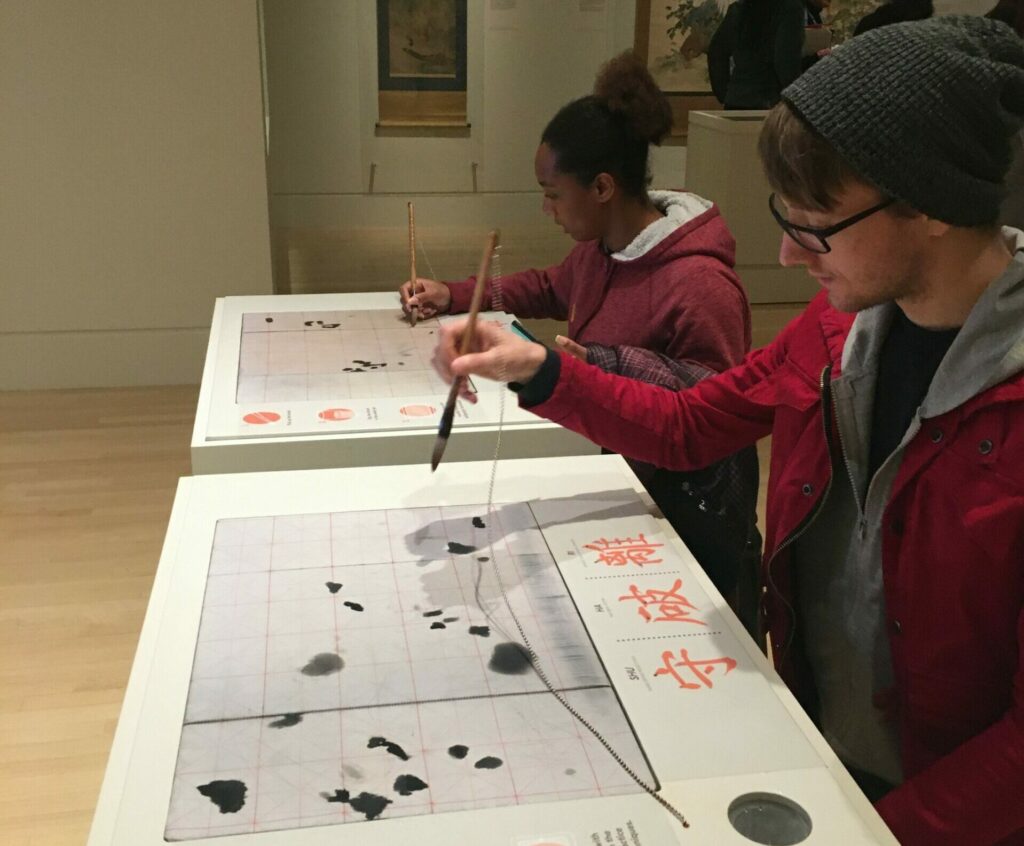
Even if you decide to pursue a career in a non-Japan-related field, knowing Japanese will make you stand out from the crowd in today’s multicultural global workplace. Many American university students choose to study an Indo-European language such as Spanish, French, and German because these languages are similar to English. Learning a less commonly taught language like Japanese shows that you are a unique, broad-minded and determined individual who is up for a challenge. The breadth of knowledge and perspective gained from studying Japanese also signals to employers that you have the ability to solve problems and manage initiatives creatively and collectively.
The Program in Japanese Studies offers:
Individualized Major in Japanese Studies
Minor in Japanese Studies
As an IUPUI undergraduate student majoring in any area, you are eligible to earn a BA in Japanese Studies. Develop a unique advantage and carve your own path without adding time to your studies by combining a Spanish degree with your other interests in any School on campus through the Dual Degree Advantage Program.
 “Whenever I think about my Japanese classes, I always remember all the fun I had meeting the Japanese exchange students. Everyone was so friendly and excited to get a chance to talk to us. The events and working with those students encouraged me to continue my studies in Japanese language. I currently work as an assistant language teacher or ALT for short, with the JET program in Yatsushiro City, of Kumamoto prefecture in Japan.
“Whenever I think about my Japanese classes, I always remember all the fun I had meeting the Japanese exchange students. Everyone was so friendly and excited to get a chance to talk to us. The events and working with those students encouraged me to continue my studies in Japanese language. I currently work as an assistant language teacher or ALT for short, with the JET program in Yatsushiro City, of Kumamoto prefecture in Japan.
On an average day, I spend first period preparing for the day, whether that be making an activity or preparing a special holiday lesson. I then have classes from second through fifth period with a break for lunch and recess with the kids after fourth. Sixth period is when I have time to relax and finish anything I need for the following day or create fun English boards for the kids to enjoy.
The one piece of advice I would like to give everyone is to keep trying new things. When I arrived in Japan, I tried everything they offered to let me do even if it was something I wasn`t confident I would enjoy. It allowed me to make connections and meet great people who introduced me to new and exciting things that I never would have been able to find on my own.”
— David Sullivan, ’18, B.A in Individualized Major in Japanese Studies
Contact Rosa Tezanos-Pinto, Chair of the Department of World Languages and Cultures.